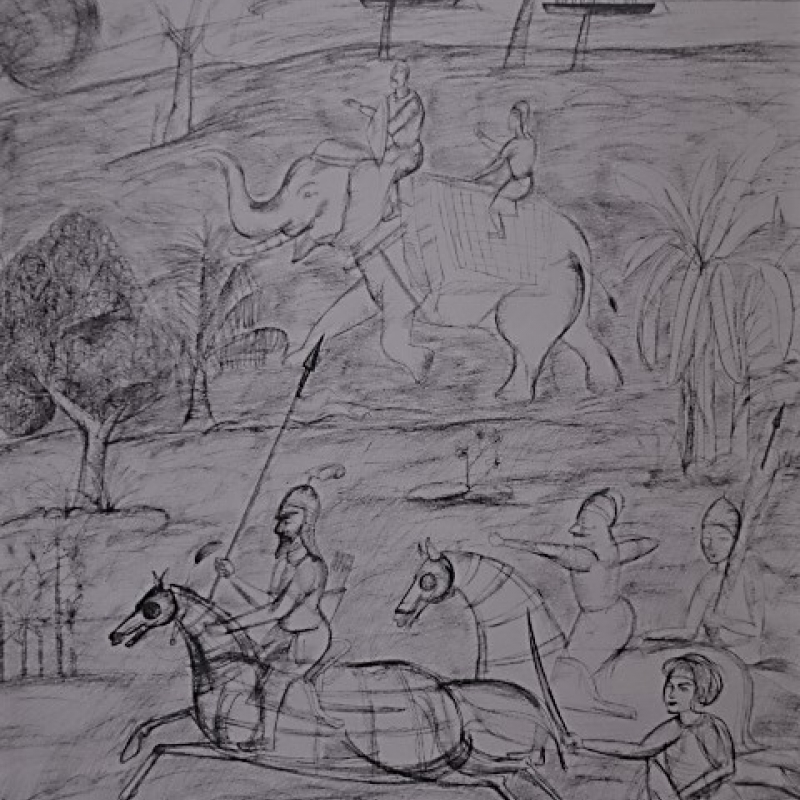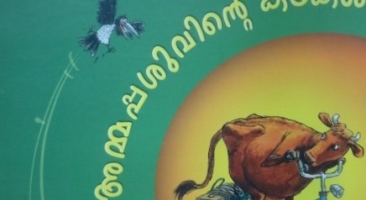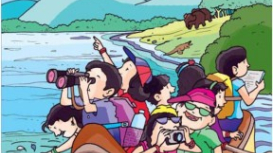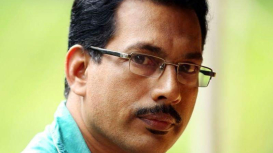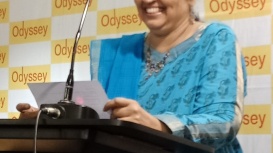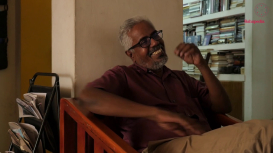This module critically explores normative representations of childhoods in children’s texts, with particular reference to the South Indian state of Kerala. The representations in the children’s texts, in any society at any given time and space, serve the purpose of pedagogic textual productions that interpellate the child readers with the linguistic, cultural and literary ideologies that are hegemonic in their particular society.
This module consists of five articles, three interviews/conversations and an interactive segment with children. Most of the articles engage with the texts that are produced for children in the age group of five to fifteen. While the articles in the module might reflect the understanding that children’s texts are literature produced for children, the interactive segment with children—again unfortunately only those who have access to libraries, or who have other resources—opens up nuances in the field. It is observed that after a short period of engagement with ‘children’s texts,’ they move to ‘adult’ writers and texts like that of Basheer, MT, OV Vijayan, Mukundan, and so on. This complicates our understanding of children’s texts as a genre in Malayalam. Further, interviews have complimented this complication by throwing up discussions on visual texts and other textual forms—folk tales, lullabies, oral texts, films, etc.—that exceed and thereby deconstruct the categories of both ‘literature’ and ‘child.’
Definitely, there are other questions that have provoked and shaped this module as it unfolded in its own course as in, and sometimes even against and beyond, my own envisioning: Is there a universal child/childhood? Isn’t this abstraction located in the political, economic, liberal, humanist and secular modern discourses in the ‘West?’ How do we understand child as a historical category? And at the least, but not the last, how do we engage with these discourses as represented in children’s texts? These questions are addressed in the particular context of Kerala, through readings of children’s texts produced in Malayalam. Hence, most of the writings in the module do not consider child as an abstract universal category; rather, child is understood as a temporally and spatially produced historical entity located in the axes of experiential categories. In all its limitations, this module is at best an attempt to open up child-hood as an analytical category that disrupts any essential notion of being-ness!
